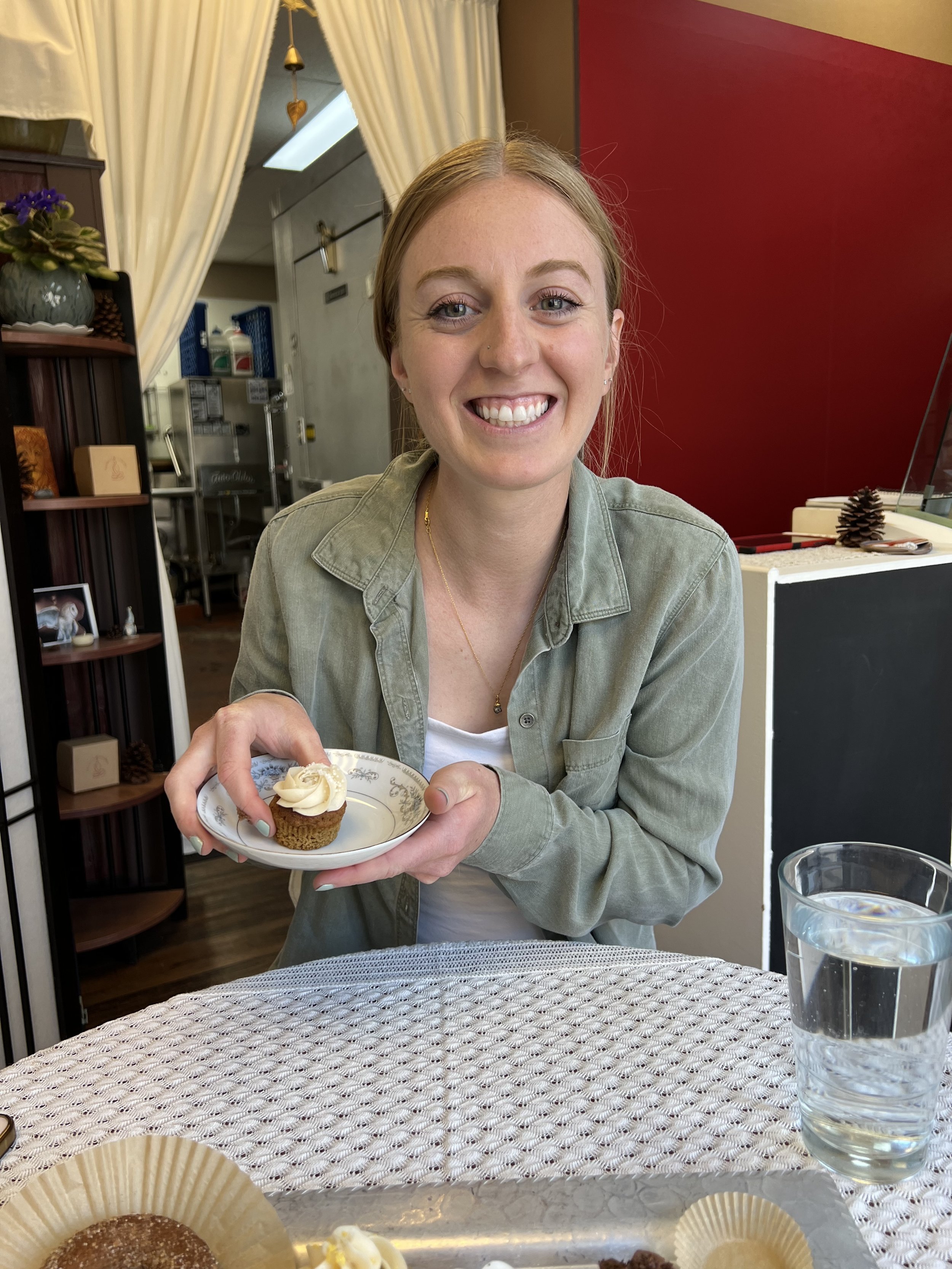Dietitian McKayla Mazziotti - Sports Dietitian & Eating Disorder Expert
McKayla harbors a passion for sports nutrition and helping athletes create a positive relationship with food and fueling for their activity. Before joining the team at Dallas Nutritional Counseling she worked as a Sports Dietitian at the collegiate level at the University of North Texas. McKayla quickly realized how sports nutrition and eating disorders/disordered eating intersect and utilized a non-diet and intuitive eating approach to help athletes repair their relationship with food and fueling. While working at UNT, McKayla continued to pursued outpatient and private practice work with eating disorders and disordered eating as she continues to work towards her CEDS (Certified Eating Disorder Specialist) through iadep (The International Association of Eating Disorder Professionals).
McKayla has experience with a variety of different diagnoses including Anorexia Nervosa, Bulimia Nervosa, Binge-eating disorder and Avoidant restrictive food intake disorder (ARFID.) She specializes in working with teens, emerging adults and young adults and their families. She enjoys working with clients and their families to support finding fulfilling ways of movement in tandem with healing relationships with food. McKayla is a weight-inclusive practitioner, and embodies an “all foods fit” and non-diet mentality. She understands that everyone’s needs are different and creates an individualized approach for each of her clients to feel safe and supported.
Nutrition Specialties & Areas of Interest
Kids (12 and older), teens, young adults, adults
College athletes, active individuals
Eating Disorders including Anorexia Nervosa, Bulimia Nervosa, Binge Eating Disorder, and ARFID
Excessive or Compulsive exercise
Sports nutrition + Eating disorders
Orthorexia, chronic dieting, disordered eating
Health at Every Size
Family Nutritional counseling and supporting parents and caregivers during the recovery process
IF YOU ARE INTERESTED IN WORKING WITH MCKayla PLEASE CLICK THE BUTTON BELOW TO SCHEDULE AN APPOINTMENT.






Dallas Nutritional Counseling’s family nutrition division, Feed Yourself & Your Family, is excited to announce registration is now open for our Parent Picky Eating Workshop.